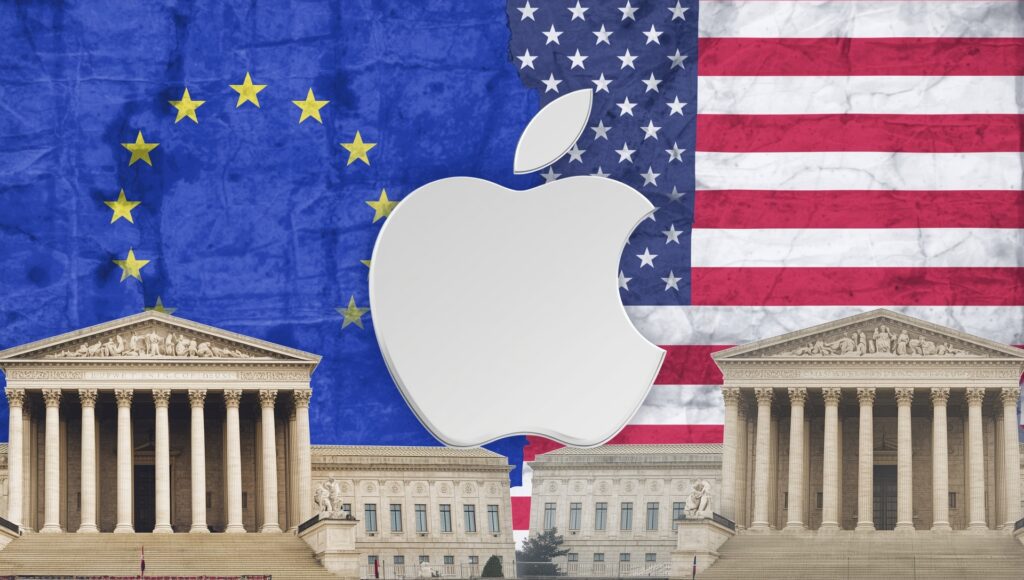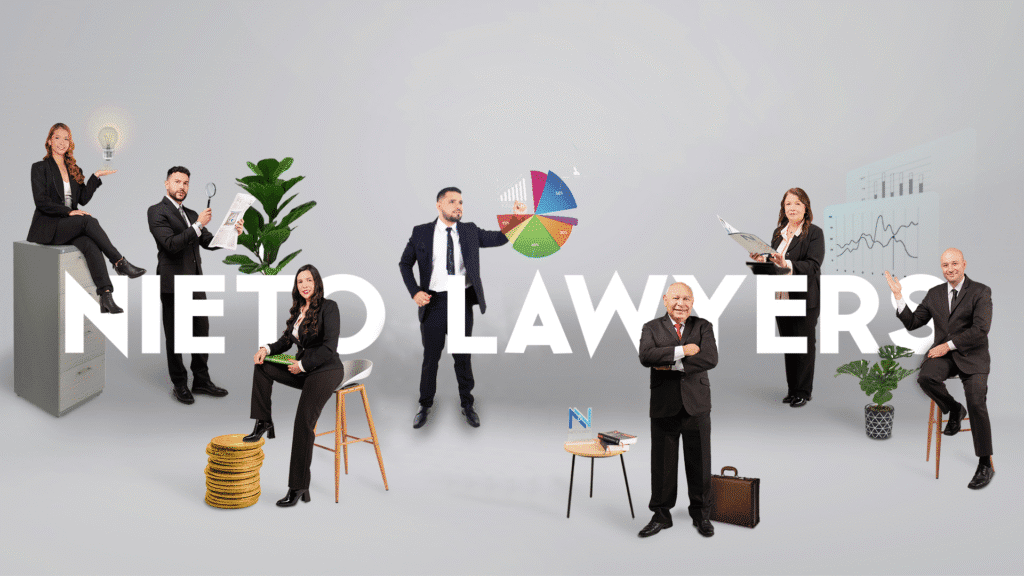The Superintendence of Industry and Commerce (SIC), through the Delegation for Competition Protection, has filed charges against Apple Inc. and Apple Services Latam LLC for alleged abuse of dominant position in the market for the distribution of digital goods and services on the iOS (iPhone) and iPadOS (iPad) operating systems in Colombia.
According to the authority, Apple allegedly restricted market access for developers through two main practices:
- Blocking the creation of alternative app stores outside the App Store.
- Requiring the exclusive use of its In-App Purchase payment system, while prohibiting developers from offering users external payment methods that could be cheaper and more competitive.
According to the SIC, these practices may have created artificial barriers that limit competition and affect both developers and consumers.
A global phenomenon: Apple under scrutiny in Europe and the United States

This process in Colombia is not an isolated event. Competition authorities in other jurisdictions have also investigated Apple for similar practices:
- In the European Union, the European Commission fined Apple €500 million because the company required that all in-app purchases be made exclusively through its own payment system, charging a commission. Developers were not allowed to inform users about cheaper external payment methods.
- In the United States, the Department of Justice (DOJ) and several state attorneys general filed an antitrust lawsuit against Apple, arguing that the company has created a monopoly in the iPhone market. The main accusation is that Apple uses different strategies to keep users “locked in” to its ecosystem, making it very difficult to switch to other systems or use competing services.
What is a dominant position in Colombian competition law?

In Colombia, article 45 of Decree 2153 of 1992 defines dominant position as “the ability to determine, directly or indirectly, the conditions of a market.” This means that a company with a dominant position can set prices, quality, production, or supply conditions without being significantly affected by competitors or consumer behavior.
The SIC has explained that to determine whether a company holds a dominant position, it evaluates factors such as:
- Market share and level of participation.
- The existence of entry or expansion barriers (natural or artificial).
- The number and strength of current competitors.
- Other relevant elements depending on the case.
It is important to clarify that having a dominant position is not illegal in itself. What the law prohibits is the abuse of that position.
Precedents in Colombia: Case law of abuse of dominant position

The SIC has previously sanctioned companies for similar anti-competitive practices:
- Fedegán Case (Resolution 40912 of 2012): The Colombian Cattlemen’s Federation (Fedegán) imposed excessive and unjustified technical requirements on Laverlam, preventing the company from effectively selling its foot-and-mouth disease vaccine.
- Comcel Case (Resolution 53403 of 2013): The telecom company was sanctioned for obstructing number portability and selling locked devices, making it harder for users to switch to another operator.
- Serviciudad Case (Resolution 23621 of 2015): The water utility company in Dosquebradas (Risaralda) blocked Acuaseo’s access to its distribution networks, even though there was a regulatory easement in place, preventing Acuaseo from supplying drinking water to consumers.
- Coopjardín Case (Resolution 14305 of 2018): Bogotá’s public water company (EAAB) was sanctioned for reducing the water flow supplied to Coopjardín, making it impossible for the latter to compete in the wholesale water distribution market.
Final Thoughts

The charges against Apple show how the SIC is aligned with a global trend: closely monitoring big tech companies and sanctioning practices that may restrict competition. The outcome of this case will be crucial for developers and users in Colombia, as it could open the door to a more diverse and competitive digital ecosystem.
At Nieto Lawyers, we have extensive experience in competition law and market regulation. We have advised companies across different industries in investigations, sanctioning proceedings, and compliance strategies. Our commitment is to help our clients anticipate risks, defend their interests, and foster competitive, sustainable, and transparent business environments.

At Nieto Lawyers, we are strategic partners in competition and market law. We have successfully advised companies across diverse industries in investigations, enforcement proceedings, and compliance strategies, protecting their reputation and ensuring secure, sustainable operations.
If your company is seeking to anticipate risks, strengthen its compliance framework, or respond to a competition authority proceeding, schedule an initial consultation with our team.
WhatsAppIn just 25 minutes, we will show you how we can help defend your interests and foster a more competitive and transparent business environment.








